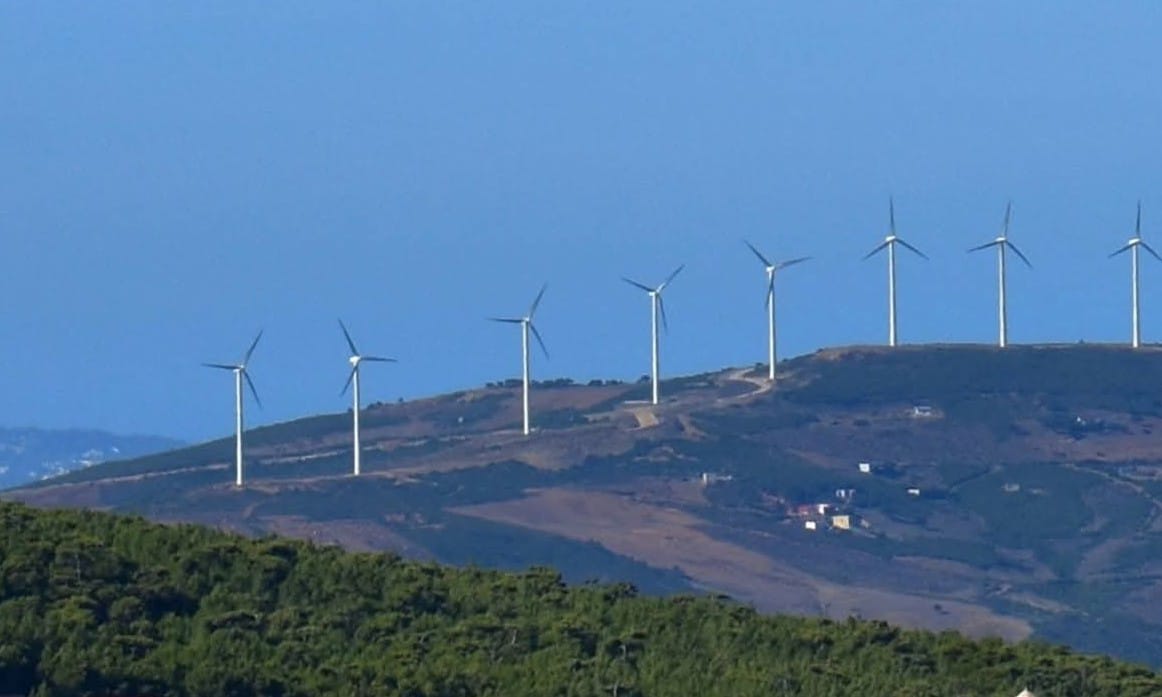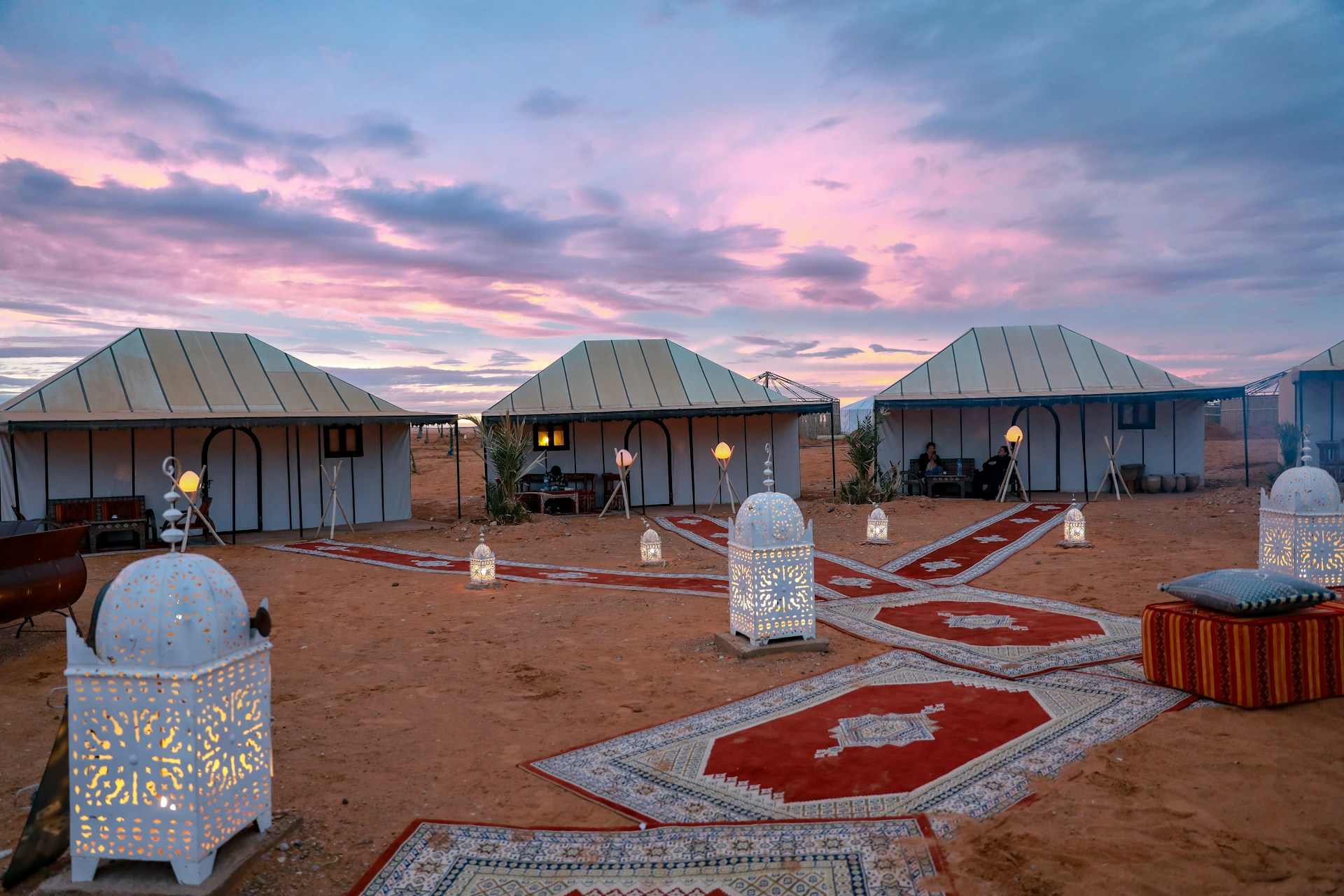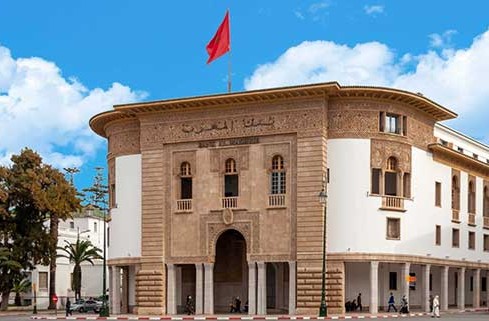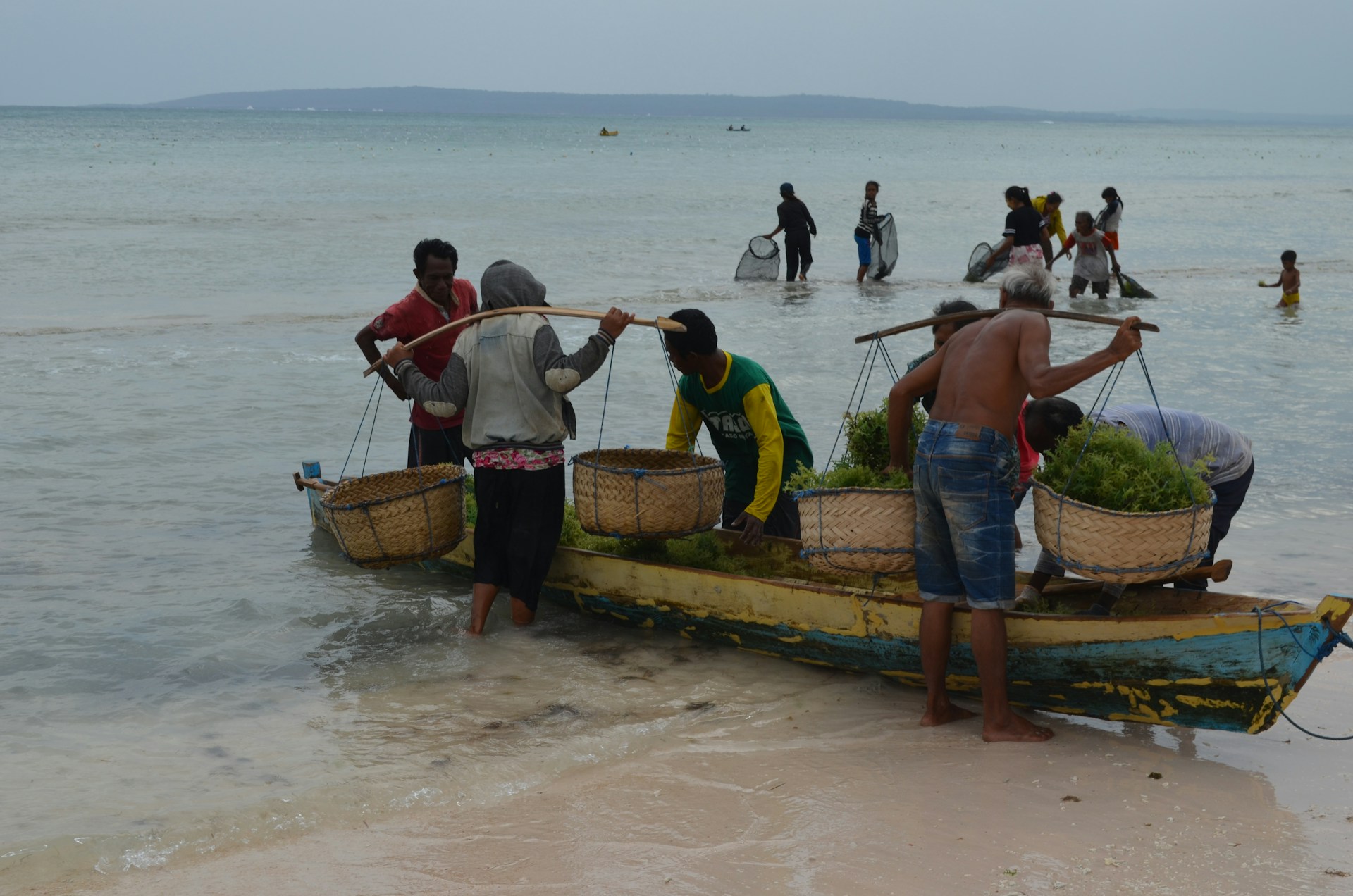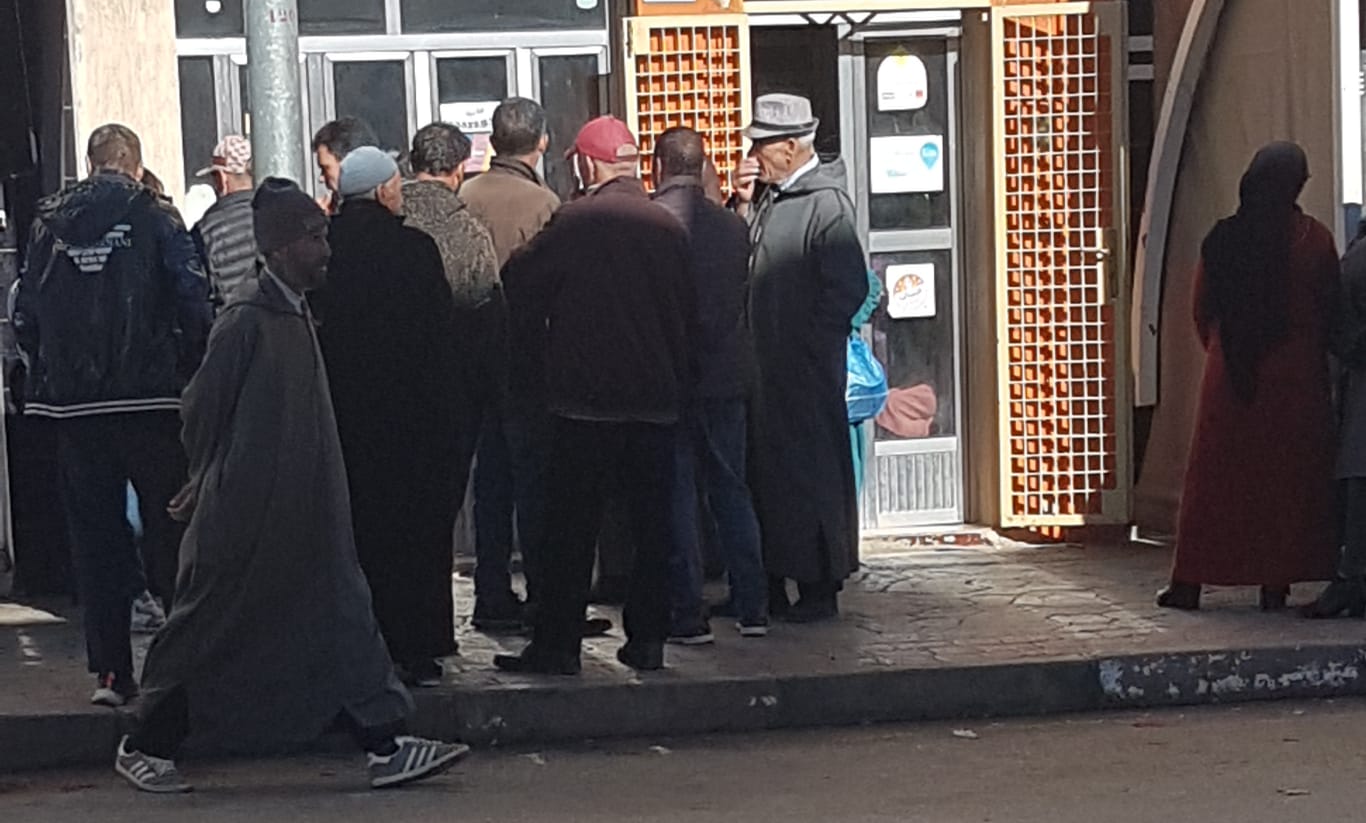Casablanca – Morocco is advancing an ambitious plan to modernize its national railway network as part of broader preparations to host the 2030 FIFA World Cup and other major international events. The strategy, presented by Minister of Transport and Logistics Abdessamad Kayouh, outlines a comprehensive program to upgrade infrastructure, improve transport quality, and enhance national connectivity by the end of the decade.
According to the minister, the plan aims to modernize 346 existing train carriages, purchase 60 new ones, and acquire 30 new-generation electric locomotives powered by a 380-volt energy system. These upgrades will be complemented by the procurement of 168 new trains, including 18 high-speed units (TGVs), marking a significant step toward expanding Morocco’s modern transport capacity and reducing travel times across the country.
Kayouh stated that this modernization effort forms part of a strategic vision extending to 2030, designed to strengthen Morocco’s role as a regional transport hub and ensure efficient mobility for both residents and international visitors during major sporting and cultural events. The minister noted that improving rail performance and service quality remains central to Morocco’s goal of achieving sustainable, inclusive development.
The National Railways Office (ONCF), which oversees the implementation of the plan, will prioritize enhancing links between major cities and regional centers, while ensuring that new investments support both passenger and freight transport. The initiative also integrates environmental and energy efficiency standards, reflecting Morocco’s broader commitment to sustainability and clean transport infrastructure.
While presenting the plan before Parliament, Kayouh emphasized that successful implementation will depend on securing adequate financial resources and maintaining good governance across the sector. He acknowledged that the railway system has faced structural challenges in recent years, including regional disparities in access and service quality, but stressed that the modernization plan represents a turning point for national mobility.
Members of Parliament have expressed broad support for the initiative, while calling for greater coverage of underserved regions such as Souss-Massa, which remain outside the current railway network. Lawmakers urged the ministry and ONCF to ensure that modernization efforts also contribute to territorial equity and economic integration.
In parallel with the railway modernization program, the government continues to address road safety as part of its broader transport reform agenda. Kayouh highlighted that between 2015 and 2024, Morocco recorded a 15.64% decrease in road fatalities, though motorcycle-related deaths rose by 63.04%, underscoring ongoing challenges in ensuring safe mobility. The National Road Safety Agency (NARSA)—established in 2020—now coordinates road safety efforts among the Royal Gendarmerie, National Police, Civil Protection, and relevant ministries.
The Ministry of Transport is also working with the Ministry of Interior on a mobility zone study to determine the actual size of Morocco’s passenger and freight transport fleet. The results are expected to be presented before Parliament to guide future policies aimed at improving efficiency, organization, and service quality.
The railway modernization program represents a cornerstone of Morocco’s preparations for the 2030 World Cup—reflecting not only the country’s commitment to efficient transport but also its broader ambition to position itself as a modern, connected, and sustainable gateway to Africa and Europe.







